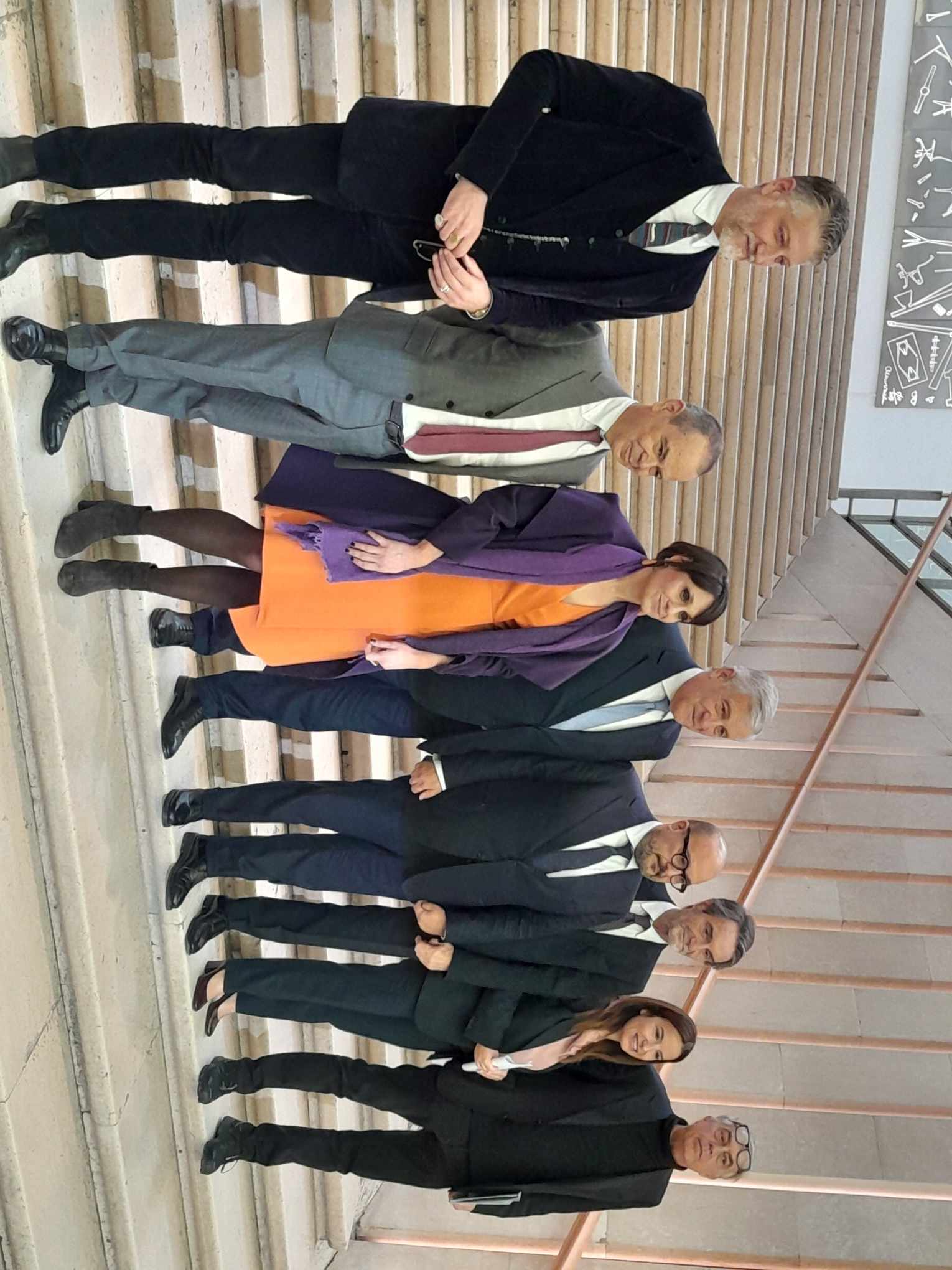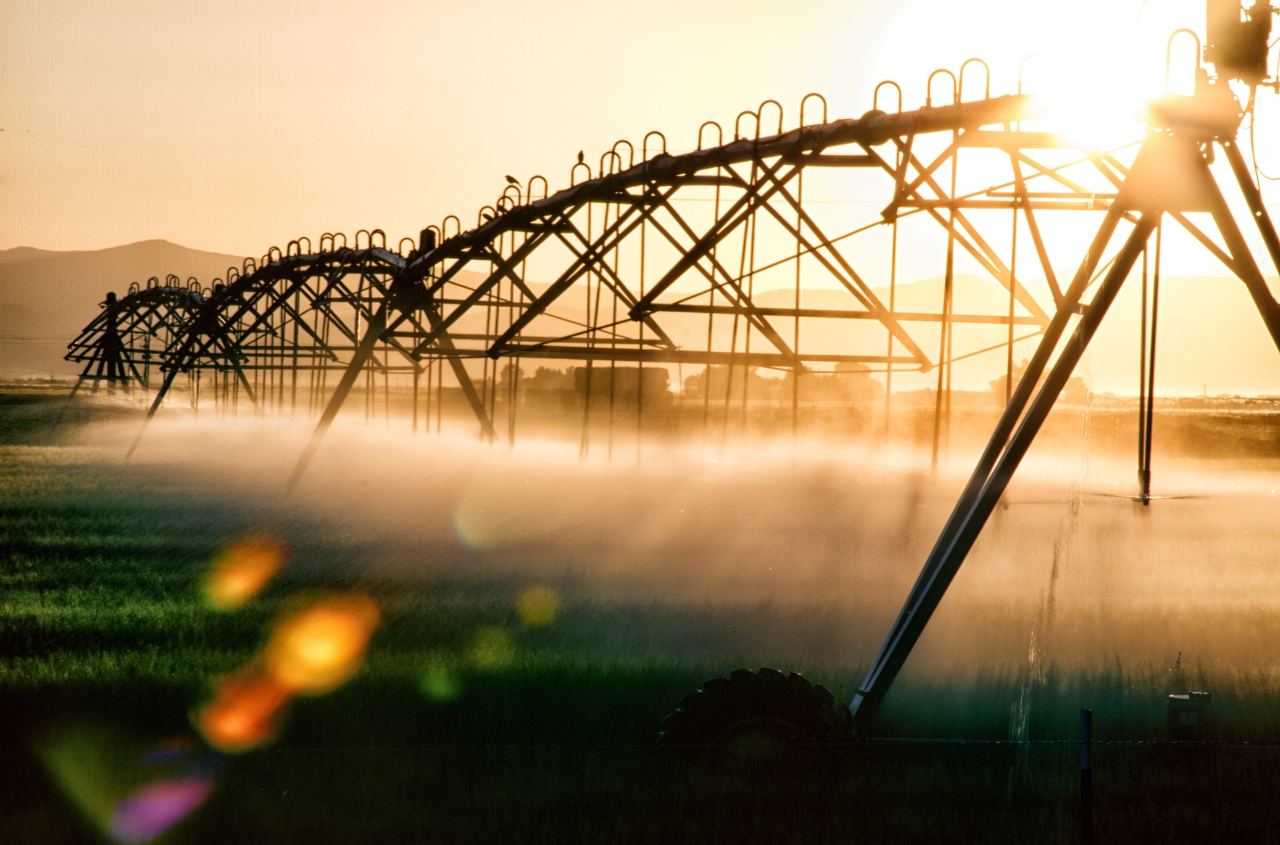On 31 October, at Triennale, Milan’s museum of design and contemporary art, the “Laboratory on the reconstruction of Ukraine” was presented, which will be started in Odessa, a city with strong historical and cultural ties with Italy. The project was launched by the Italian Ministry of Foreign Affairs in collaboration with the Ministry of Culture and will be coordinated by the museums Triennale Milano and MAXXI in Rome.
“Reconstruction is our mission. We have taken up an appeal because our institutional duty is to also act internationally through a cultural diplomacy which today sees in Ukraine, and in Odessa in particular, the theatre in which either we show ourselves for what we are or we face a defeat not only military, but also cultural, to a common collapse. Today, Odessa in our eyes is the capital of the free world." Alessandro Giuli, President of the MAXXI Foundation, said this to the press agency CULT, during the conference.
The project aims to involve restoration experts and designers, international cultural institutions, companies and economic actors to discuss the topic of urban and architectural regeneration of Ukrainian cities and the cultural heritage of Ukraine, hard hit by the war. The restoration of the Odessa's Orthodox Cathedral of the Tranfiguration is the first step of the Italian ambitious plan.

From left; Alessandro Giuli (MAXXI), Davide La Cecilia (Minister Plenipotentiary for Ukraine), Elena Buscemi (Milan City Council), Antonio Tajani (Minister of Foreign Affairs), Gennaro Sangiuliano (Minister of Culture), Attilio Fontana (President of Lombardy Region), Carla Morogallo and Stefano Boeri (Director and President of Triennale)
According to Giuli, “it is not a question of looking only at reconstruction, but of guaranteeing the constant construction of an institutional and cultural as well as political relationship with our Ukrainian and Odessa friends. We must be ready when the weapons can fall silent, but above all, not lose sight of the fact that every day we build and rebuild. Odessa is a wonderful, young city, where coexistence with alarms is common currency. The most important thing is to get back there soon and not make Odessa feel like a city waiting for something, but like a city where we are constantly present.”
Faced with the operators' perplexity about working in the midst of a conflict, the president of the MAXXI Foundation responded: "Working under bombs means doing your duty, not getting used to the bombs but being stronger. It means that the weapons of culture, regeneration and the social function of art are successful and can sometimes even be stronger than anti-aircraft fire."
Today, Giuli concluded, "is only the beginning of an operation that will be punctuated by other stages, even more silent ones, with which we want to continue to build relationships and keep alive a friendship with a people who are our brothers.”





















